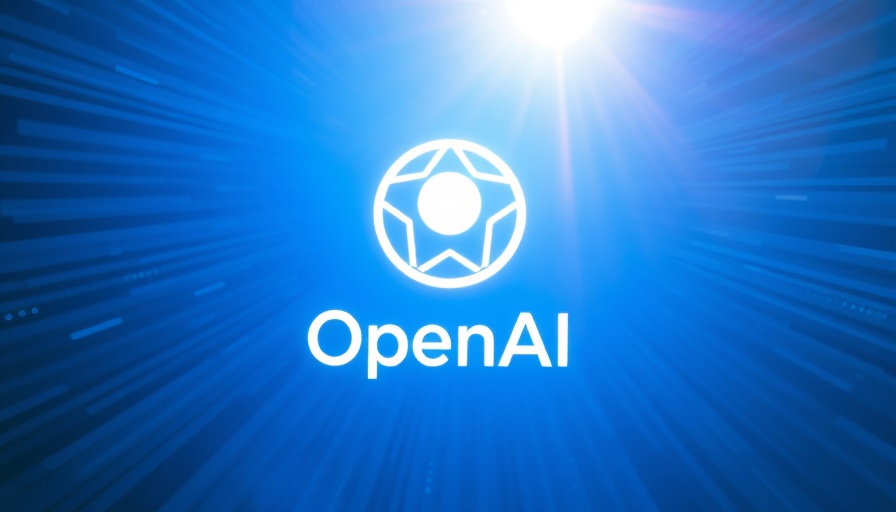
Why the AMD and OpenAI Partnership Matters
The recent announcement of AMD securing a massive AI chip deal with OpenAI has shaken the tech landscape, presenting both challenges and opportunities for the AI market. This transformative partnership signals a shift towards AMD’s ascendance in the realm of AI hardware, effectively challenging Nvidia’s monopoly. What makes this particular deal noteworthy is not just the scale—tens of billions in annual revenue—but also the ability for OpenAI to purchase up to 10% of AMD for just a penny per share. This stock sweetener reflects not only a confidence in AMD’s future but could also recalibrate investor expectations.
The Landscape of AI Chip Supply
As the demand for AI computation grows exponentially, companies like OpenAI are diversifying their chip supply sources to secure adequate computing power. The strategic decision to link up with AMD is part of OpenAI’s broader approach to manage and mitigate online security threats. The tech industry is experiencing a demand surge that necessitates reliable, scalable solutions while ensuring cybersecurity remains a top priority.
Parallel Examples: The Nvidia Challenge
To appreciate the implications of this partnership, one can look at Nvidia's recent moves, including a $100 billion investment in OpenAI’s competitor strategies. Just as Nvidia is ramping up its supply, this deal shows AMD’s capability to compete at a similar scale, creating a viable ecosystem for AI tooling. Nvidia’s historical dominance has spurred competitors to innovate rapidly, leading to more choices for developers looking for AI solutions, especially in cybersecurity.
Future Predictions: What Lies Ahead in AI Hardware
The AMD-OpenAI collaboration represents a pivotal moment that could reshape the future of AI hardware. Experts project that we could see more companies looking to diversify their chip suppliers, thus fostering innovation in AI for fraud prevention and automated security. The convergence of AI with digital security tools will enhance capabilities such as automated AI for threat detection and AI-powered encryption, creating a more resilient infrastructure against cyber threats.
Understanding Its Significance in Cybersecurity
Integrating cutting-edge AI technology effectively is crucial for comprehensive digital security strategies. The evolving landscape of cybersecurity implies that AI will play a vital role in data protection, malware prevention, and online fraud detection. As part of their venture, AMD may develop solutions that enhance real-time threat analysis, driving the conversation on how we automate security measures against ever-evolving threats.
Is This Deal a Game-Changer for AI?
This partnership could potentially set new standards for collaboration and competition within the tech industry. As AI researchers and industry thought leaders weigh in, there’s palpable excitement mixed with cautious optimism about how this could impact current cybersecurity trends. AMD's ability to provide compute power at scale, coupled with OpenAI’s influence, may result in groundbreaking advancements in AI applications tailored for security needs.
Ultimately, the AMD-OpenAI deal symbolizes the merging of two visionary tech landscapes in a marketplace hungry for innovative solutions. Understanding the implications of this partnership may well inform investments in AI and the frameworks that uphold cybersecurity in the near future.
 Add Row
Add Row  Add
Add 




Write A Comment